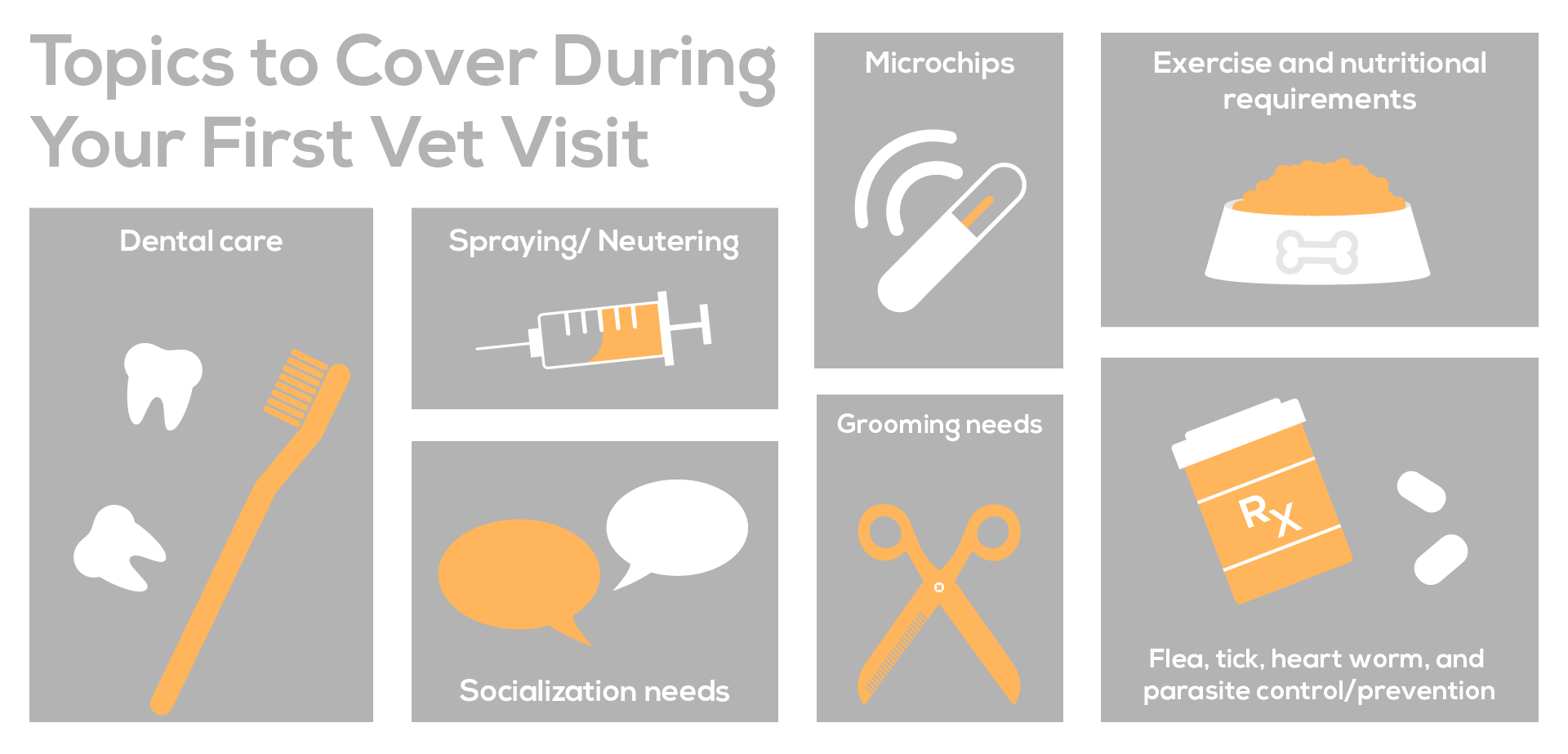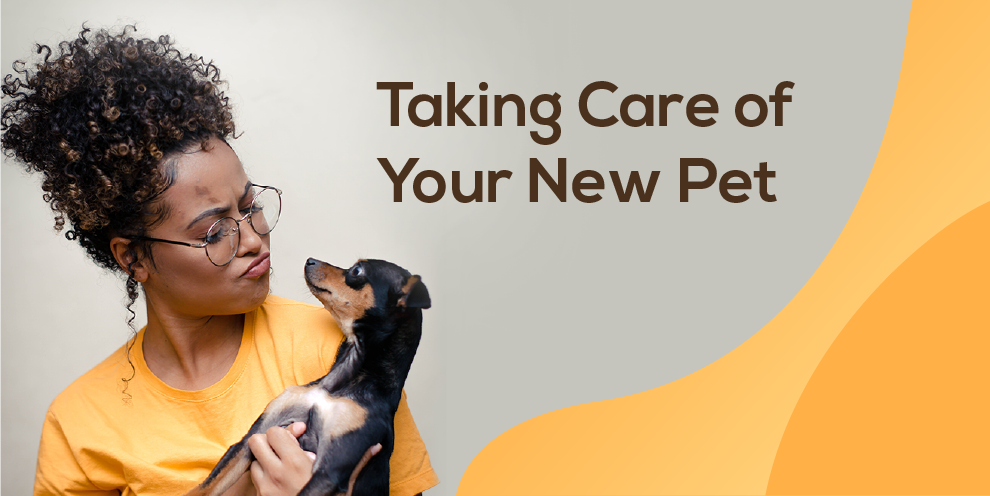Congratulations, you decided to finally become a pet parent. Certainly, a new animal is an exciting yet daunting commitment. Most importantly, we are going to walk you through some tips and guidelines on how to take care of your new animal.
Top 5 Tips for New Owners:
Pet-proof your home
Pet proofing your home is a crucial step for new pet owners. In fact, it will not only keep your pets safe but also save you money. Certain pets have a habit of chewing electrical cables, including chargers and TV cords. Most importantly, take a second to secure all easily-accessible cords and set them in a safe place.
Gather your supplies
Secondly, take time to make a list of what types of supplies your pet needs. That is to say, making sure that you purchase the right food for your pet’s dietary restrictions. In addition, some purchases to consider are toys, pee pads, and/or litter.
Make a “safe space” for them
A safe space for your pet could be in the form of a bed, pet cushion, or mat. Additionally, ensuring that your pet has its own place to relax. Above all, providing a safe space for your pet will help them adjust easier and get comfortable in their new home environment.
Practice slow introductions
Some pets, like kittens, need more time adjusting to new surroundings. In other words, they prefer to first stick to one room and be slowly introduced to more space. In contrast, puppies only need to be introduced to a small space while housetraining. When introducing your pets to new people, start slow. In sum, practicing slow introductions will ensure that both you and your animal are comfortable and happy.
Organize your training plans
Whether it is obedience, litter, or house training, it is important to lay out a plan for how and when you want to tackle each subject. For example, starting obedience training towards the beginning of your pet relationship can result in the development of positive pet behaviors and a decrease in aggression issues.
Veterinary Visits & Pet Health
So, now that we’ve gone over some basics, it’s time to dive into your pet’s health plan. Therefore, we will cover:
- Pet insurance
- First vet appointments: why it’s important and what to expect
- Home healthcare
- What to do if your new pet gets sick
Insurance
While animal insurance is not required, it is highly recommended and can be as cheap as $9 a month. In fact, some insurance providers such as PetFirst offer new parents 30 days of free insurance. Above all, this can be a valuable tool when deciding if animal insurance is right for your family.
First Vet Appointment: Why It’s Important and What to Expect
The first vet appointment is extremely important for several reasons. First, scheduling this visit early can help your animal build a relationship with your chosen veterinarian and facilitates smooth vet visits in the future. After that, your vet will most likely complete the following tasks:
- Weight check
- Temp, pulse, and respiratory checks
- Complete Physical Exam
- Teeth and gums check
- Reflex check

After the exam, make sure to discuss the following topics:
- Exercise and Nutritional requirements
- Socialization needs
- Microchips
- Spraying /neutering
- Dental care
- Grooming
- Flea, tick, heartworm, and parasite prevention/control
In conclusion, gaining knowledge on these topics will help you devise a home healthcare plan for your animal.
Home Healthcare
Home healthcare includes grooming sessions, routine checking for physical irregularities, monitoring your pet’s behavior, and monitoring appetite. In addition, these at-home steps will help you become more aware of when your dog or cat needs professional medical help and ensure your pet’s safety.
What to Do If Your New Animal Gets Sick
Pet’s naturally try to hide signs of illnesses, and sometimes even with a routine home healthcare plan, it can be hard to tell if your animal needs medical help. However, becoming familiar with the common signs of an illness can help you determine if it is time for a vet visit. In fact, take a look below at some characteristics to watch for:
Some severe symptoms that require immediate veterinary care are:
- Inability to urinate or defecate
- Bloated hard abdomen
- Excessive vomiting or diarrhea
- Seizures
- Inability to stand
Other less severe symptoms that can wait to be checked within 1-2 days after occurring are:
- decrease/loss of appetite
- Hiding or decrease in activity level
- Blood in urine or stool
- Increased shedding
- Excessive scratching or licking of the body
- eye/nose discharge
- Abnormal whining or crying
Works cited
Coates, Jennifer. “Puppy’s First Vet Visit: What to Expect, Checklist & Tips.” Pet Central by Chewy, 24 June 2020, petcentral.chewy.com/what-to-expect-at-puppys-first-vet-visit/
“Post-Adoption Medical Care.” Animal Humane Society, www.animalhumanesociety.org/adoption/post-adoption-medical-care
“Recognizing & Caring for a Sick Pet.” American Humane, 25 Aug. 2016, americanhumane.org/fact-sheet/recognizing-caring-for-a-sick-pet/
“Spaying and Neutering.” American Veterinary Medical Association, www.avma.org/resources/pet-owners/petcare/spaying-and-neutering
Swain-Wilson, Savanna. “13 Things You Should Do Immediately after Adopting a Pet, According to an Expert.” Insider, Insider, 5 July 2019, www.insider.com/pet-adoption-guide-what-to-do-2019-6









